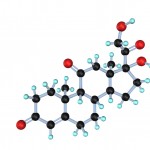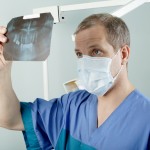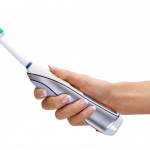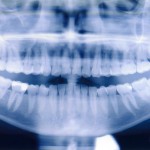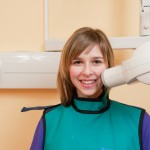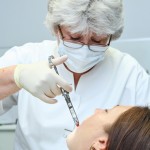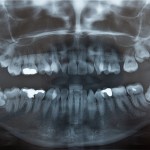
The incidence reported in the literature ranges from 0.4-8.4%third molars and in some instances the damage can be permanent. The aim of this case-control study was to investigate the specific risk factors for neurosensory deficits of inferior alveolar nerve (IAN) after third molar extraction. The cases consisted of patients showing neurosensory deficits of the lower [read the full story…]
